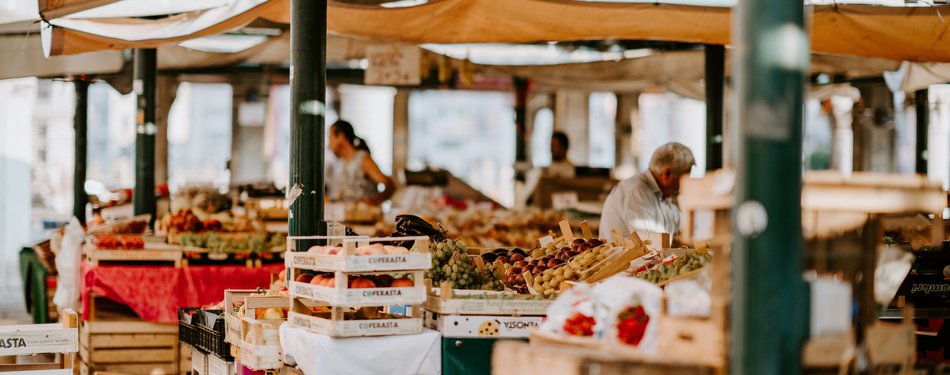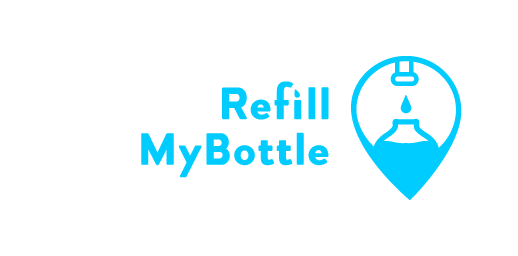A
ny of us is familiar with these heartbreaking photos of beaches covered by tons of solid waste that contain a hotchpotch of unexpected items? Toothpaste tubes, flip flops, needles, candy wraps, plastic cups. How could it arrive there? What a hypocritical question. When we throw something away, we think it will go “away”, to a hidden place and we don’t need to think about it further, while in fact there is “no away”. And thus, we think we don’t have to feel guilty about it.
In our imagination, the beach, as well as the forest or the countryside, belongs to this fantasized wilderness that resists to any kind of human interference. That is why seeing trash in such a place is a brutal shock for consciousness. Hopefully, shock is good. Shock generates action and therefore solutions. Zero waste is part of the solution.
In this article, we will discuss about zero waste. Is zero waste truly achievable? What everyday actions could we put into practice.
Background. Zero waste, really achievable?
Zero waste is an ideal that might be challenging. The way society and consumption are organized makes it complicated and time-consuming for responsible consumption. For instance, if you want to cook your own jam, it will take a lot of time and effort and not everyone can afford it. Besides, with the rising living standards, we have accumulated and will accumulate more waste if we continue to consume the way we currently do. The shift in living styles towards an urban, consumption-oriented and hypermobile society generated an increase in waste, especially in the last 20 years. Between 2000 and 2010, total domestic material consumption rose from 48.7 billion tons to 71.0 billion tons. This is partly due to the emergence of East Asian countries (United Nations, 2017). And by 2050, we will be 9,8 billion human beings on Earth, according to the UN.
It would be easy to feel overwhelmed and useless seeing those figures. But something is happening in mentalities. There is revolution in progress. All around the world, individuals and communities are getting aware of this global issue that we should take advantage of in order to be more united to tackle it. With the will and power of communities, boycotts and a rising demand of zero waste packaging and bans on single-use plastics, a brighter horizon is possible.
Everyday actions to tend towards zero waste
We will always generate trash, but we can change its main nature. From almost indestructible and toxic, we can shift towards biodegradability and safe. Here are some of the actions you can put into practice to start reducing your waste:
- Using a tote bag to avoid plastic bags that take 400 years to disappear
- Using a reusable aluminium or plastic bottle to avoid disposable plastic bottles that will vanish within the next 100 to 1000 years.
- Avoiding any kinds of single-use plastic cups which will be useless for 500 years. Bring your own mug to work and ask to refill it in cafés!
- Shopping in a zero-waste shop or directly in local farmers’ market. Of course, you will bring your own bag and containers 🙂 You can also refill shampoo and shower gel containers!
- Making your own detergent to avoid the release of chemical products and endocrine disruptors. A lot of tutorials exist on the internet. Find your favourite!
- Making your own face treatment to know exactly which products constitute what you put everyday on your skin and to reduce plastic waste. Aloe vera gel, jojoba oil, tea tree oil, and your other favourite essential oils!
- Spread the word about what you are doing, sharing is part of the green revolution!
You will notice that by doing so, you will have much less trash than before. Most waste that will be left will be biodegradable (fruit and vegetable skin, meat bones, etc). The good news is that this waste is also energy that you can compost to make it a fertilizer for your garden. If you don’t have a garden, let’s find (or create!) the nearest local initiative that collects biodegradable waste.
Where to shop without any packaging?
Even if Zero Waste shops remain quite expensive, some products are all the same affordable. Pasta, lentils, soap, stainless straws, spices, bamboo toothbrushes will be found there! Below are some zero waste shops we have been in contact with. But this is just a tiny part of what you can find in your local area.
Don’t forget to bring your own jars and bags to avoid paying for the available ones in the shop!
- Zero Waste Bulk Food Store in Kerobokan and Munggu (Bali)
- Less Waste Earth Shop in Sanur (Bali)
- Bali Buda in Batubulan, Ubud, Kerobokan, Canggu, Uluwatu, Sanur and Renon (Bali)
- zerowaste.id (Indonesia)
- Zero Waste Deutschland (Germany)
- Zero Waste Thailand (Thailand)
- All the local markets, anywhere in the world.
What did you think about them? What are the pros and cons? Is it affordable? What products did you like the most?
Let’s start first a zero disposable plastic challenge together to go little by little towards zero waste at all! With a little individual effort, we will achieve something bigger and much greener!
